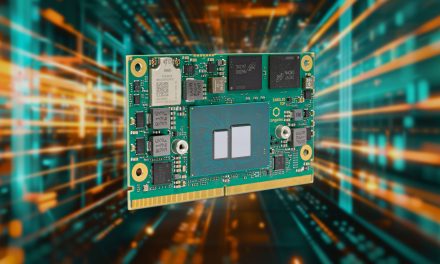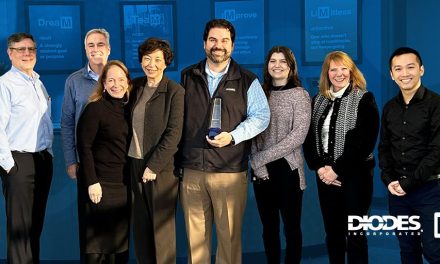This week, Fraunhofer IPMS and Imec, specialists in nanoelectronics and digital technologies, presented TEMPO: a cross-border collaboration between 19 research and industrial partners, funded by ECSEL Joint Undertaking, which supports public-private partnerships in the EU. The three-year programme aims at developing process technology and hardware platforms that leverage emerging memory technologies for neuromorphic computing, for future applications in mobile devices which require complex machine-learning algorithms. It is a one-of-a-kind collaboration effort to enable applications that now require cloud-based server racks, to be executed within battery-powered mobile devices such as cars and smartphones (at the edge of the Internet of Things).
and industrial partners, funded by ECSEL Joint Undertaking, which supports public-private partnerships in the EU. The three-year programme aims at developing process technology and hardware platforms that leverage emerging memory technologies for neuromorphic computing, for future applications in mobile devices which require complex machine-learning algorithms. It is a one-of-a-kind collaboration effort to enable applications that now require cloud-based server racks, to be executed within battery-powered mobile devices such as cars and smartphones (at the edge of the Internet of Things).
Increasingly, edge artificial intelligence and machine-learning algorithms are implemented into our day-to-day products and applications, such as smart home assistants with natural-language processing, face-recognition-based security systems or autonomous vehicles. Soon, the demand for these increasingly complex computational algorithms will only grow further. At this moment, high-end server parks process the data in the cloud. However, sending data to the cloud costs energy, latency and limits privacy. As such, the ultimate edge artificial intelligence applications require intelligent energy-efficient local processing.
TEMPO aims to tackle this challenge by leveraging the process technology platforms that are being developed by the European research technology organisations and cooperating foundries in the project, and combining it with the application and hardware knowledge from further partners. The TEMPO project will evaluate the current solutions at device, architecture and application level, and build and expand the technology roadmap for European AI hardware platforms.
Luc Van den hove, CEO at Imec, concludes: “We are delighted to enter in such broad European collaboration effort on edge artificial intelligence, gathering the relevant stakeholders in Europe, including CEA-Leti and Fraunhofer, two of our most renowned colleague research centers in Europe. Thanks to our combined expertise, we can scan more potential routes forward than what would be possible by each of us individually, and as such, position Europe in the driver’s seat for R&D on AI. Imec looks forward to the progress we can make together in the TEMPO project and hopes this will lead to similar collaborations in the future. Behind the scenes, we are already defining more public and bilateral agreements with several of the partners involved.”
For more information on TEMPO, click here.




